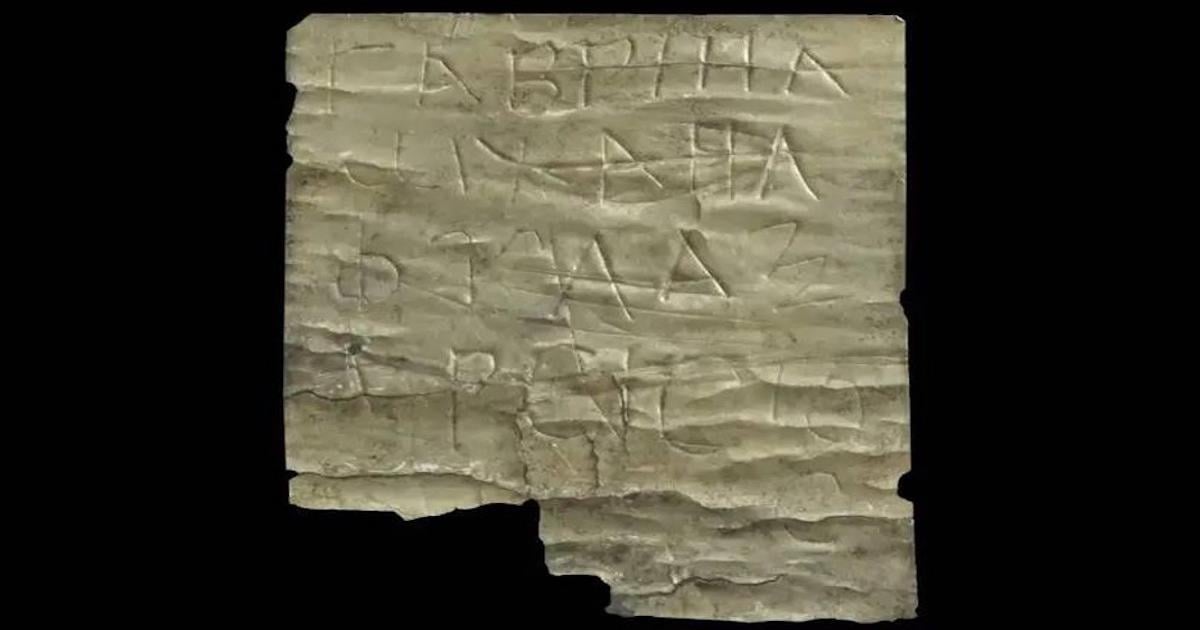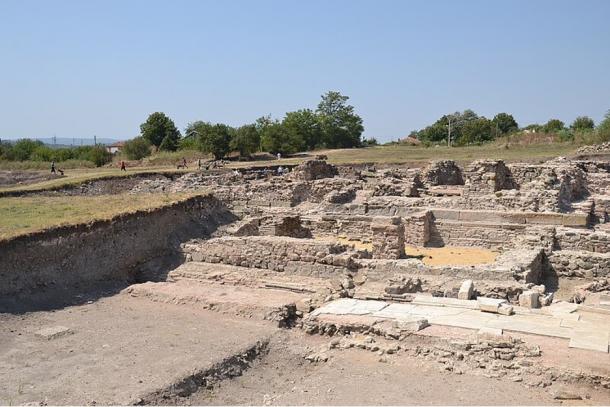Unveiling a Remarkable Discovery
In the summer of 2023, a team of archaeologists working in the Deultum-Debelt National Archaeological Reserve in southeastern Bulgaria made an astonishing discovery that is set to rewrite the history of early Christianity in the region. During excavations of a Roman-era necropolis, they unearthed a remarkable silver sheet amulet that dates back to the late 2nd or early 3rd century AD.
This amulet, which was found carefully placed alongside the body of a young man buried around the year 200 AD, is now considered the oldest Christian relic ever discovered in Bulgaria. Inscribed with references to Jesus Christ, the archangels Gabriel and Michael, and the sign of the cross, the amulet provides tangible evidence that Christian practice and belief were firmly established in the region during the Roman imperial era.

Deultum: An Early Christian Outpost
The amulet was found in the ruins of the ancient Roman colony of Deultum, which was founded in the 1st century AD as a settlement for retired veterans of the Roman legions. Located on the Black Sea coast, Deultum was an important trading hub that connected the Greek and Thracian worlds. It reached the peak of its prosperity and population in the late 2nd and early 3rd centuries AD – the same timeframe as the burial of the young man with the Christian amulet.
Interestingly, Deultum was home to one of the earliest Christian communities in Bulgaria. The Diocese of Develtos was established in the region in the 2nd century, and Deultum was the first Bulgarian town known to have had a Christian bishop. This suggests that the amulet was likely just one of many Christian relics that would have been in circulation in the area during the Roman era.

Concealing Christian Faith in the Roman World
The discovery of this amulet sheds new light on the experiences of early Christians living under Roman rule. As curator Dora Todorova explained, early Christians often had to be discreet about their religious practices to avoid persecution. The amulet’s placement deep within a tomb, “away from people’s eyes,” reflects this need for secrecy.
Epigrapher Dr. Nikolay Sharankov further noted that explicit references to Jesus Christ were rare in public inscriptions, with early Christians more commonly using “innocuous symbols” or veiled expressions to avoid drawing suspicion. In contrast, the Deultum amulet’s direct mention of Christ indicates it was intended for private, personal use – a way for the owner to seek the protection of their faith without drawing unwanted attention.
Implications and Future Prospects
The Deultum amulet represents a major archaeological discovery that fundamentally alters our understanding of early Christianity’s foothold in Bulgaria. As the oldest Christian relic found in the country to date, it firmly grounds Christian practice and belief in the region during the Roman imperial period, centuries earlier than previously thought.
This finding also raises exciting prospects for future excavations in the Deultum-Debelt area. If this single amulet is just the tip of the iceberg, there may be many more remarkable Christian artifacts waiting to be unearthed. Archaeologists are hopeful that continued work at the site will yield additional insights into how the earliest Bulgarian Christians expressed and practiced their faith.
In the meantime, the Deultum amulet stands as a powerful testament to the resilience and adaptability of the Christian community in the face of Roman rule. Its discovery shines a light on the hidden religious lives of ordinary people living nearly 2,000 years ago, offering a rare glimpse into the beginnings of Christianity’s spread across the Balkans.

